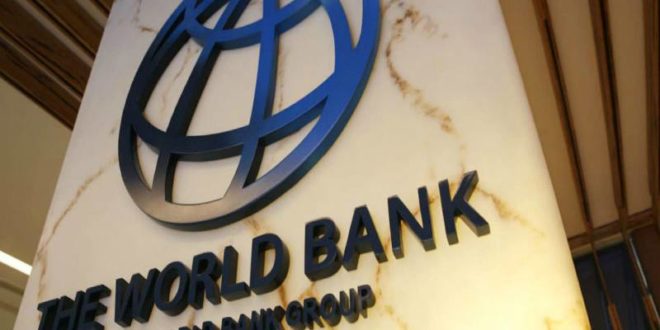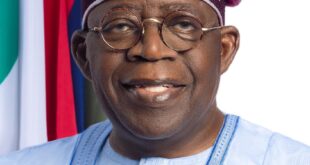Ololade Omosan-Agie
The poor power supply currently bedeviling the country is causing Nigerian businesses a total annual losses of $29bn, the World Bank has said.
The bank’s position was contained in the Power Sector Recovery Programme fact sheet which was presented during the World Bank virtual dialogue.
The presentation was done by the Bank’s Practice Manager, West and Central Africa Energy, Ashish Khanna.
The World Bank blamed the $29bn losses incurred by Nigerian businesses to the country’s unreliable electricity supply.
The Bank also observed that Nigeria had the largest number of people without access to electricity in the world, as every one in 10 people without access to electricity now reside in Nigeria.
The Report stated, “Businesses in Nigeria lose about $29bn annually because of unreliable electricity. Nigerian utilities get paid for only a half of electricity they receive.
“For every N10 worth of electricity received by Discos (distribution companies), about N2.60 is lost in poor distribution infrastructure and through power theft and another N3.40 is not being paid for by customers.
“Six in 10 of registered customers are not metered, and their electricity bills are not transparent and clear. This contributes to resistance to pay electricity bills.”
The PSRP document presented by the bank stated that only 51 per cent of installed capacity was available for generation, as an average Nigerian consumed four times less energy than her counterpart in a typical lower middle-income country.
It, however, noted that every Nigerian paid less for electricity than what it costs to supply electricity to them.
It stated that the government for years was paying the difference because the government wanted to help poor Nigerian families to pay their bills.
“But richer families use more electricity; so a big chunk of government support ends up going to those who do not really need help with paying bills,” it stated.
On the PSRP, the bank described it as a comprehensive response to Nigeria’s power challenges with the aim to renew the country’s economy by rebuilding a functioning and fair power sector.
It also stated that between June 2020 and February 2021, the World Bank Board approved $1.25bn financing to support the government in its efforts to reset the power sector.
 The Commerce Africa African Reneissance
The Commerce Africa African Reneissance


